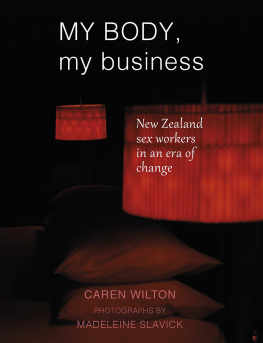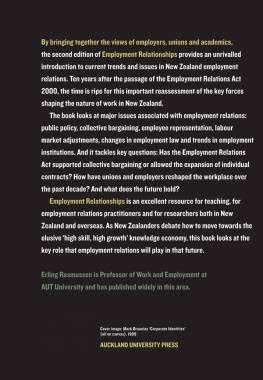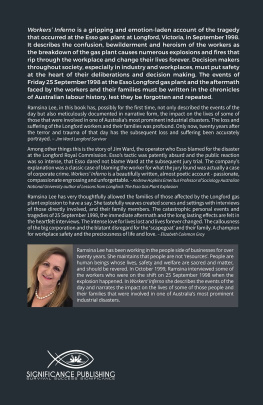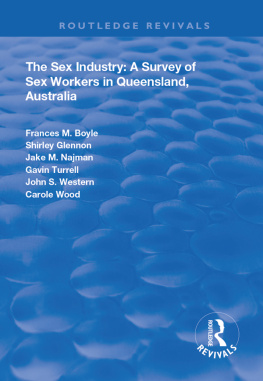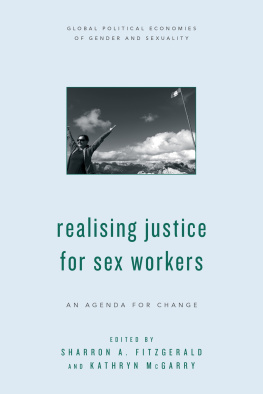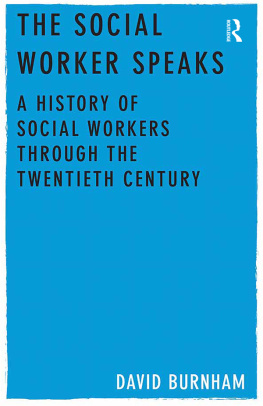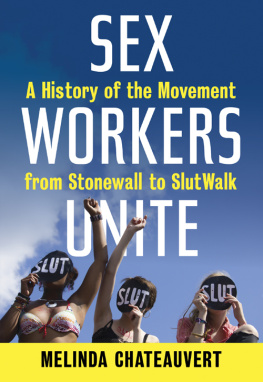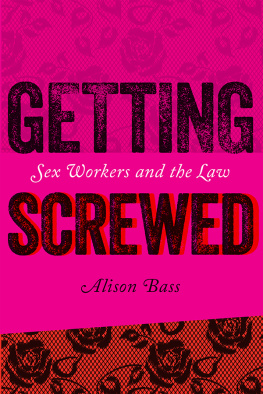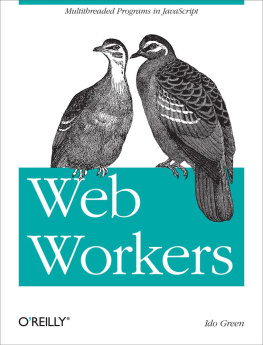



This book is dedicated to Dana de Milo, trailblazer and wahine toa (19462018), and to the tireless workers of the New Zealand Prostitutes Collective
Published by Otago University Press
Level 1, 398 Cumberland Street
Dunedin, New Zealand
www.otago.ac.nz/press
First published 2018
Copyright Caren Wilton
Photographs Madeleine Slavick
The moral rights of the author have been asserted.
ISBN 978-1-98-853132-8 (print)
ISBN 978-1-98-853143-4 (EPUB)
ISBN 978-1-98-853144-1 (Kindle mobi)
ISBN 978-1-98-853145-8 (ePDF)
A catalogue record for this book is available from the National Library of New Zealand. This book is copyright. Except for the purpose of fair review, no part may be stored or transmitted in any form or by any means, electronic or mechanical, including recording or storage in any information retrieval system, without permission in writing from the publishers.
No reproduction may be made, whether by photocopying or by any other means, unless a licence has been obtained from the publisher.
Published with the assistance of Creative New Zealand.

Editor: Erika Bky
Design/layout: Fiona Moffat
Author photo: Colin Dowd
Ebook conversion 2019 by meBooks
CONTENTS
INTRODUCTION:
A brief history of sex work in New Zealand
One thing Id like to see is the recognition of sex workers as ordinary,
sometimes rather extraordinary, people.
DAME CATHERINE HEALY, NATIONAL COORDINATOR,
NEW ZEALAND PROSTITUTES COLLECTIVE

I HAVE OFTEN thought of the world of sex work as a world apart, a separate, secret world that can only be entered by those who as in a fairytale have been given the special key, or who know and utter a secret word. And then the walls dissolve, the curtains are pulled back, and the secret world is revealed as not so secret after all, as just another part of this world, just a breath or a step away. Just next door. Just ordinary, and yet not. A world that leaves its mark on those who have been there, so that they know each other, recognise each other as fellow travellers in a place that others dont always understand.
Over a period of almost eight years I interviewed people about New Zealands sex industry, and about their lives in and out of the industry. I wanted to make visible the invisible, to bring the hidden into the light, at least a little bit, and to record a time and some places and ways of being that had existed but now were mostly gone. (And that, even when they were there, were often shadowy places, quiet places, places that only some people could recognise or gain access to.)
The decriminalisation of sex work in 2003 15 years later, New Zealand remains the only country to have done so has meant considerable changes for the industry and for the climate in which sex work takes place. I wanted to hear how this had affected peoples lives; I wanted also to document the remarkable story of the New Zealand Prostitutes Collective, and New Zealands enlightened and world-leading law change.
In this book 11 sex workers and former workers tell their own stories in their own words. Too often other people have presumed to speak on behalf of sex workers, sometimes in inaccurate or slanted ways or with unhelpful agendas. In publishing these oral histories, Ive been influenced by the work of other interviewers who have allowed interviewees to speak for themselves, including criminologist Jan Jordan (whose 1991 book of sex-worker interviews, Working Girls, stands as a precursor to this one), and working with different subject matter oral historians such as Alison Parr and Megan Hutching and authors such as Adrienne Jansen. I was also very much aware of the sex-worker advocates catch-cry of Nothing about us without us.
Having said that, I have edited the interviews considerably for publication this book would be many, many times longer if I had not sometimes reordering material from the original conversations in order to make the narratives more coherent, logical and chronological. The life stories that appear here have been shaped by my own sense of what was important and salient. As Megan Hutching notes of the act of translation of editing oral history, We owe it to the narrator (and the reader) to present the story so that it is told in the way that the narrator and the oral historian feel remains faithful to the intent and tone of the interview. Each chapter has been approved by the interviewee it profiles, a sometimes complex and extended process but a vital one, particularly when dealing with sensitive material.
In total I interviewed 19 people, whom I found through personal contacts, through the New Zealand Prostitutes Collective (NZPC), and sometimes by one interviewee putting me in contact with another. I knew a couple of the interviewees already (and had known them for more than 20 years); the willingness of the others to trust me as an interviewer and then as an author is probably largely due to the fact that I came recommended, as it were, by people they already knew and trusted, and in some cases by people I had already interviewed. This was especially helpful with transgender interviewees I had had little to do with the transgender community before beginning the project.
There was a range of topics I wanted to cover peoples early lives, how and why they began sex work, where and how they worked, their clients, health, interactions with police and the law, experiences of stigma and violence, any involvement with sex-worker advocacy, the impact of decriminalisation, when and why they stopped sex work (if they had done so), and what they were doing today. I typically finished interviews by asking about the positives and negatives of sex work, any regrets the interviewee had, and what they were most proud of in their lives. In reality, most interviews were far broader and more comprehensive than this list of topics suggests. Their shape and content were often determined by the story the interviewee wanted to tell and the meanings and interpretation they had ascribed to their experiences; as oral historian Anna Green has pointed out, We explain our lives as stories.
Where interviews took place over more than one session (as happened in most cases), interviewees often came to later sessions finding that more memories had been prompted by the earlier interview. Some interviewees were clear about the subjects they were not prepared to discuss with me, or not prepared to have included in this book, and I welcomed this setting of boundaries what oral historians elsewhere have described as the exercise of narrators authority in the collaborative process of oral history making, or the assertion of a right to concealment.
Unsurprisingly, people varied greatly in their willingness to be out about having done sex work; some of the full recorded interviews are freely available to researchers for listening and publication, while others require permission from the interviewee for either or both of these uses. Some are archived under the interviewees real name, while others use a pseudonym or simply a first name. In this book, three interviewees Anna Reed, Catherine Healy and Dana de Milo appear under their full names, but the other eight included here chose to use just a first name, or a pseudonym a clear illustration of the continuing stigmatisation of sex work and the potential negative effects of being found out, even many years later. The full interviews (comprising audio and detailed time-coded abstracts) have all been deposited in the Alexander Turnbull Library, and will be available to researchers, subject to any restrictions placed on the material by the interviewees.
Next page
